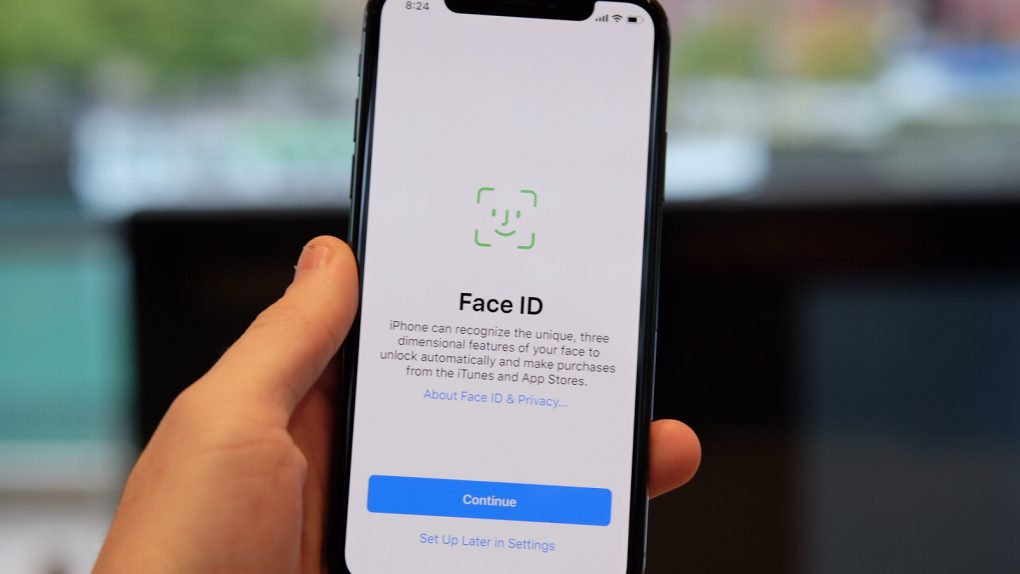The relationship between the FBI and Apple is known to be fraught. Ever since Apple refused to create a backdoor in its operating system to unlock the San Bernardino shooter’s iPhone, it has become the standard-bearer in the wider dispute between tech companies and law enforcement over encryption.
For cops, strong encryption with no backdoors is a slap in the face to law enforcement agencies, and a big win for criminals. For tech companies and encryption advocates, strong encryption mathematically can’t have backdoors, and strong encryption is the only thing stopping criminals from gaining access to all your digital data.
Nonetheless, Apple’s ongoing work to keep its devices as secure as possible — whether that be from government intrusion or hack attacks — has rubbed up the wrong way with the FBI. At the International Conference on Cyber Security in Manhattan, FBI senior forensic expert reportedly called Apple “jerks” and “evil geniuses” for its ongoing security efforts, according to Motherboard:
For example, Flatley complained that Apple recently made password guesses slower, changing the hash iterations from 10,000 to 10,000,000.
That means, he explained, that “password attempts speed went from 45 passwords a second to one every 18 seconds,” referring to the difficulty of cracking a password using a “brute force” method in which every possible permutation is tried. There are tools that can input thousands of passwords in a very short period of time—if the attempts per minute are limited, it becomes much harder and slower to crack.
“Your crack time just went from two days to two months,” Flatley said.
Flatley also had good things to say about Cellebrite, an Israeli firm that makes forensic hacking products for law enforcement. “If you have another evil genius, Cellebrite,then maybe we can get into that front,” he said.









